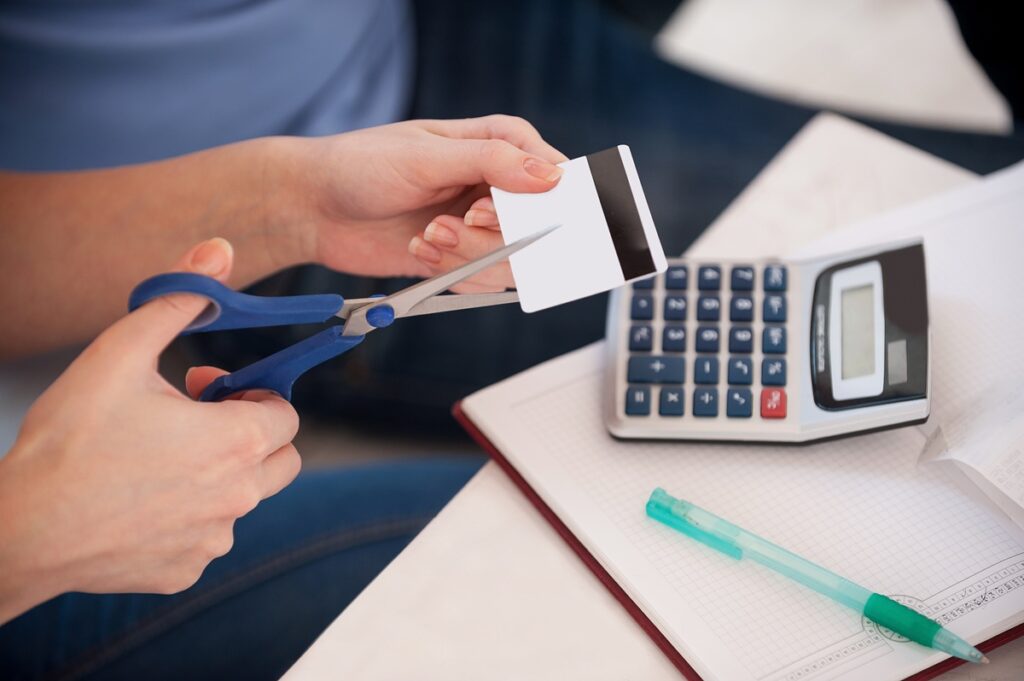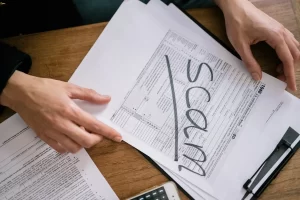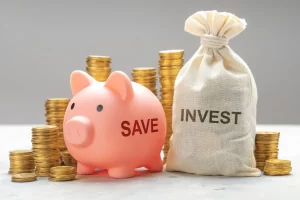- Debts and Credit
Credit Card: Friend or Foe? How to Use It Correctly

A credit card can be a powerful financial tool or a source of debt and stress—it all depends on how you use it. While credit cards offer convenience, rewards, and financial flexibility, they can also lead to high-interest debt and financial problems if mismanaged.
In this guide, we’ll explore the pros and cons of credit cards and how to use them wisely.
1. How Does a Credit Card Work?
A credit card allows you to borrow money from a bank to make purchases, with the condition that you repay it later.
✅ Key Credit Card Features:
✔ Credit limit – The maximum amount you can spend.
✔ Billing cycle – The period in which purchases are recorded (usually 30 days).
✔ Minimum payment – The smallest amount you must pay to avoid late fees.
✔ Interest rate (APR) – The cost of borrowing if you don’t pay in full.
🚀 Example: If you buy $500 worth of items on your credit card and pay only $50 per month, you’ll end up paying much more in interest over time.
💡 Tip: To avoid debt, always pay the full balance before the due date.
2. Benefits of Using a Credit Card Wisely
When used correctly, a credit card can improve your financial health and offer valuable perks.
✅ Advantages of Credit Cards:
✔ Builds credit score – Paying on time helps improve your financial reputation.
✔ Cashback and rewards – Earn points, miles, or cashback on purchases.
✔ Emergency backup – Provides financial flexibility for unexpected expenses.
✔ Fraud protection – Safer than carrying cash or using debit cards.
🚀 Example: If you spend $1,000 per month and earn 2% cashback, that’s $240 per year in rewards.
💡 Tip: Choose a credit card that offers rewards that match your spending habits (e.g., travel miles for frequent travelers).
3. The Dangers of Misusing Credit Cards
Credit cards can quickly become a financial burden if not managed properly.
❌ Common Credit Card Mistakes:
✔ Carrying a balance instead of paying in full.
✔ Only making minimum payments, leading to high-interest debt.
✔ Overspending and maxing out the credit limit.
✔ Missing payments, which damages your credit score.
🚀 Example: If you have $3,000 in credit card debt at 20% interest and only pay the minimum, it could take years to pay off and cost thousands in extra interest.
💡 Tip: If you struggle with spending, use your credit card only for planned expenses and set spending alerts.
4. How to Avoid Credit Card Debt
To use a credit card responsibly, follow these smart financial habits.
✅ Best Practices for Credit Card Use:
✔ Pay in full every month to avoid interest.
✔ Keep your credit utilization below 30% of your limit.
✔ Use your card only for necessary expenses.
✔ Set up automatic payments to avoid late fees.
🚀 Example: If your credit limit is $5,000, try to keep your balance below $1,500 to maintain a good credit score.
💡 Tip: Treat your credit card like a debit card—only charge what you can afford to pay off immediately.
5. Choosing the Right Credit Card for Your Needs
Not all credit cards are the same—choosing the right one depends on your financial goals.
✅ Types of Credit Cards:
✔ Cashback cards – Earn money back on purchases.
✔ Travel rewards cards – Collect miles or hotel points.
✔ 0% interest cards – Ideal for balance transfers or large purchases.
✔ Secured credit cards – Best for building or rebuilding credit.
🚀 Example: If you travel frequently, a travel rewards card can help you save on flights and hotels.
💡 Tip: Compare annual fees, interest rates, and benefits before applying for a card.
6. Understanding Credit Card Interest and Fees
Credit cards charge interest and fees that can add up if not managed carefully.
✅ Common Credit Card Fees:
✔ Annual fee – Some premium cards charge a yearly fee.
✔ Late payment fee – Charged if you miss a payment.
✔ Foreign transaction fee – Extra charge for purchases made in another currency.
✔ Cash advance fee – High fees for withdrawing cash from your credit card.
🚀 Example: If you have a credit card with 25% interest, a $1,000 balance could grow to $1,250 in just one year if unpaid.
💡 Tip: Always check your credit card terms to avoid hidden fees.
7. How Credit Cards Affect Your Credit Score
Your credit card usage directly impacts your credit score, which affects your ability to get loans, mortgages, and better financial opportunities.
✅ Credit Score Factors Related to Credit Cards:
✔ Payment history (35%) – Always pay on time.
✔ Credit utilization (30%) – Keep balances low.
✔ Length of credit history (15%) – Keep old accounts open.
✔ New credit inquiries (10%) – Avoid applying for too many cards.
🚀 Example: If you miss a credit card payment, your credit score could drop by 50+ points.
💡 Tip: Check your credit score regularly and use less than 30% of your credit limit to maintain a good score.
8. When to Avoid Using a Credit Card
There are situations where using a credit card is risky and should be avoided.
❌ When Not to Use a Credit Card:
✔ When you can’t afford to pay off the balance in full.
✔ For cash withdrawals (cash advances)—fees and interest are too high.
✔ To cover rent or bills unless you can pay it off immediately.
✔ For impulse shopping or emotional spending.
🚀 Example: If you don’t have money for a $1,000 purchase, putting it on a credit card without a plan to repay could lead to long-term debt.
💡 Tip: Use a debit card or cash for daily expenses to avoid unnecessary credit card debt.
9. How to Use Credit Cards to Your Advantage
With the right approach, a credit card can be a valuable financial tool.
✅ Smart Ways to Use a Credit Card:
✔ Use it for recurring bills to build credit and earn rewards.
✔ Take advantage of 0% interest promotional offers wisely.
✔ Pay for big purchases only if you have a repayment plan.
✔ Set a spending limit to avoid overspending.
🚀 Example: If your card offers 3% cashback on groceries, using it for food shopping earns you money back.
💡 Tip: Always pay off the full balance before the due date to maximize benefits.
Final Thoughts
A credit card can be your best financial tool or your worst enemy, depending on how you use it.
✔ Pay your balance in full every month to avoid debt.
✔ Choose a credit card that matches your financial goals (cashback, travel rewards, or credit building).
✔ Understand fees and interest rates to avoid unnecessary costs.
✔ Use your credit card responsibly to improve your credit score.
🚀 When used wisely, a credit card offers rewards, convenience, and financial flexibility—make it work for you, not against you!






